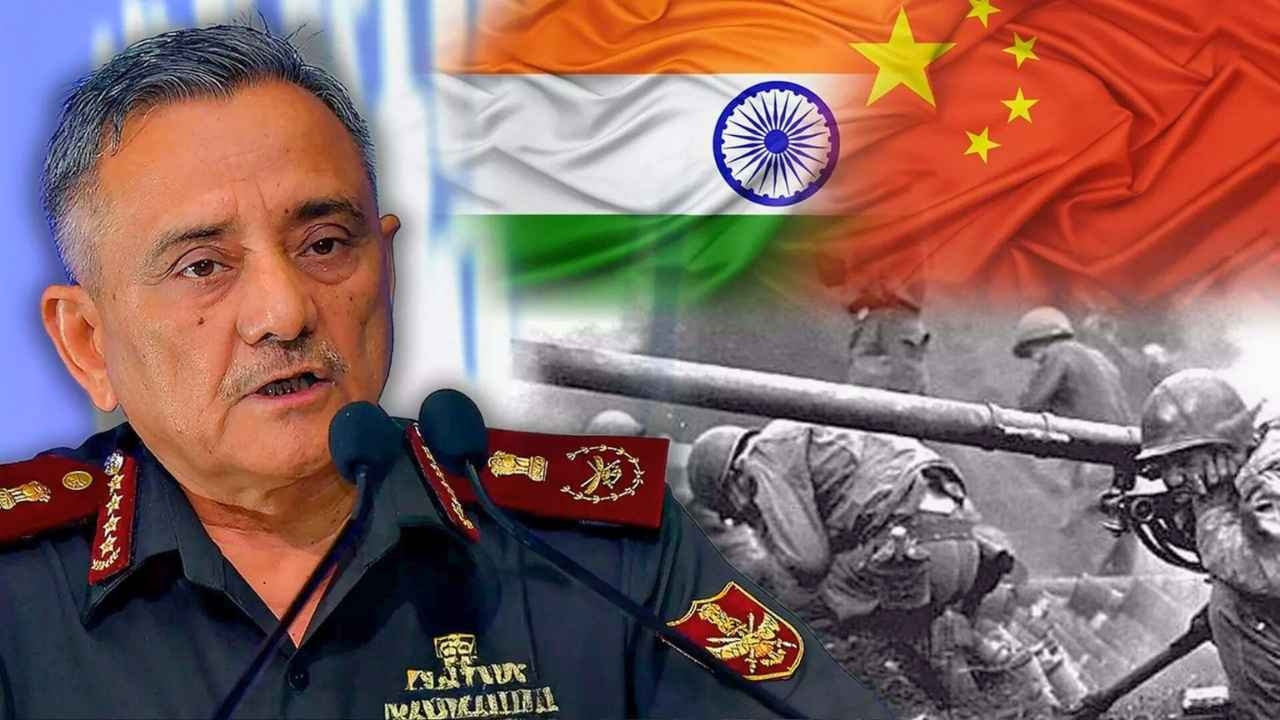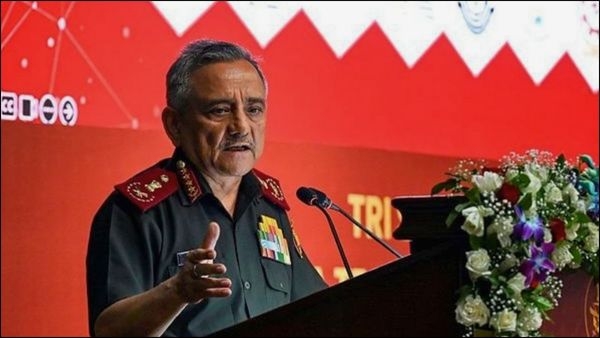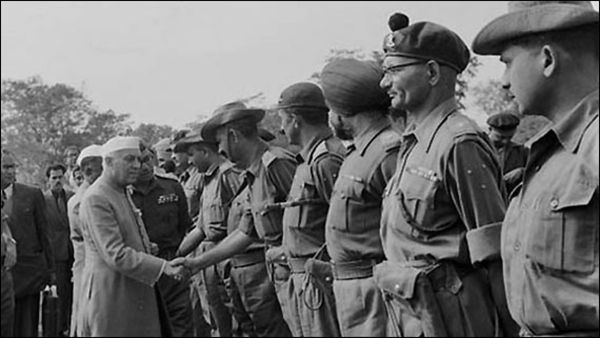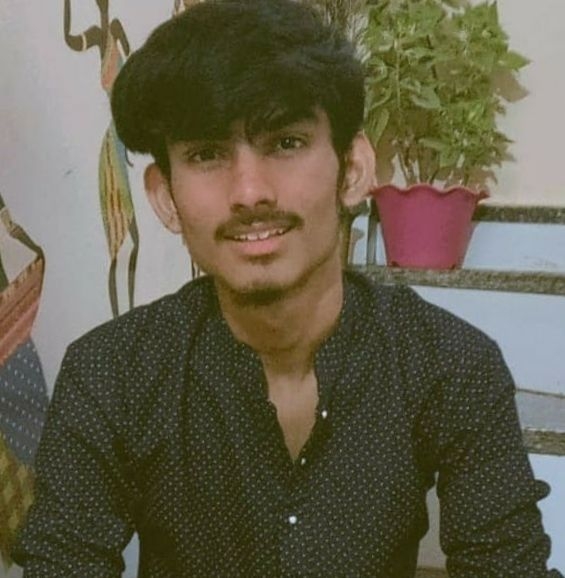Nehru-Era Leadership Tied Army’s Hands in 1962 War, CDS Gen Chauhan Remarked
26 Sep 2025 21:23:45

The 1962 war with China remains one of the darkest chapters in the history of independent Bharat. It compromised national security, exposed the fragility of Bharat’s borders and questioned the sovereignty of the Indian people. The lofty slogan of Hindi Cheeni Bhai Bhai collapsed under the weight of betrayal, as China exploited Jawaharlal Nehru’s misplaced trust in its regime.
Although Indian soldiers displayed unmatched bravery during the conflict, they were left handicapped by a series of tragic political decisions taken by the Nehru-led government. Most notably, the then Prime Minister of Bharat refused to permit the Air Force to play its rightful role in the war. This fatal blunder denied Bharat’s armed forces their operational advantage and handed the Chinese forces a decisive edge.
Bharat Denied Army Advantage by Avoiding Air Force: Gen Chauhan
Chief of Defence Staff (CDS) General Anil Chauhan has now observed that Bharat’s decision not to deploy the Air Force in 1962 denied the Army a critical advantage. According to him, air support could have slowed the Chinese offensive considerably, buying time for Indian troops to prepare, and in some areas, potentially halting the advance altogether.

Speaking at the release of the revised edition of the late Lieutenant General S.P.P. Thorat’s autobiography From Reveille to Retreat in Pune, Gen Chauhan stated:
“I think Gen Thorat had in mind the use of the Air Force, which the government did not permit. They would have had a significant advantage during the 1962 conflict, shorter turnaround times, favourable geography and the ability to deliver maximum payloads with maximum weight on the enemy. The use of the Air Force would have slowed the Chinese offensive considerably, if not stymied it completely. This would have given the Army much more time to prepare. In those days, the use of the Air Force was considered escalatory. This is actually no longer true, and Operation Sindoor is an apt example.”
Gen Chauhan further explained that Gen Thorat had wanted his views to be shared on two important matters – foreign policy and the use of the Air Force in 1962.
Forward Policy Misapplied

On the controversial “forward policy” pursued by the Nehru government, Gen Chauhan remarked that applying it uniformly across Ladakh and the North-East Frontier Agency (NEFA) was a strategic error.
“All I can say is that the forward policy should not have been applied uniformly to Ladakh and NEFA. The two regions had very different histories of the dispute, a different security context and entirely different terrain. In Ladakh, China had already occupied much of Indian territory, whereas in NEFA, the legitimacy of Bharat’s claim was stronger. To equate the two and pursue identical policies was, in my view, a bit flawed,” he said.
He further noted that with changes in geography, geopolitics and warfare since 1962, it is difficult to assess those decisions by today’s standards. However, the lessons from Thorat’s experiences and writings remain relevant.
Calling From Reveille to Retreat more than an autobiography, Gen Chauhan described it as a reflection on leadership, strategy and service that continues to provide valuable lessons even today.
Nehru’s Leadership Dithered When Stakes Were Highest
What emerges clearly from Gen Chauhan’s criticism is the extent to which Bharat’s leadership in 1962 faltered at a crucial moment. It was not merely naivety, but a betrayal of Bharat’s sovereignty. Indian soldiers were left to fight in the treacherous Himalayan terrain with “one hand tied,” deprived of aerial supply, coverage and close support.
The fiasco of 1962 cannot be dismissed as a youthful mistake of a young republic. It was a betrayal of the people’s trust, of Bharat’s national boundaries and of the brave soldiers who stood their ground against overwhelming odds.
Article by

Kewali Kabir Jain
Journalism Student, Makhanlal Chaturvedi National University of Journalism and Communication